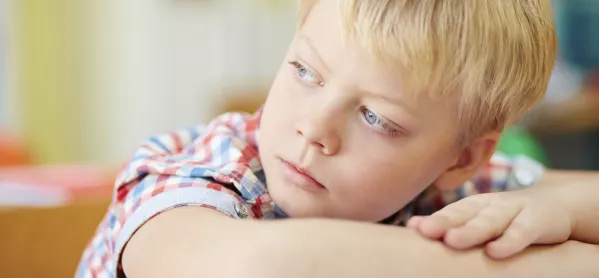Around two children in every Year 1 class will experience a significant language disorder that affects their learning, according to a new study on language impairment in young children.
The study, published in the Journal of Child Psychology and Psychiatry, found that children with unexplained language disorders have more social, emotional and behavioural problems, with 88 per cent failing to achieve early curriculum targets.
The study, led by Professor Courtenay Norbury, of University College London (UCL), looked at whether a change in the way language disorders are diagnosed had affected the number of children who could get help from specialist services.
Under previous methods, children needed to show a significant discrepancy between their verbal and non-verbal abilities to be defined as having a language disorder.
This definition led to some children who had language needs, but also had low non-verbal abilities, not being eligible for specialist services.
‘Children fall through the gap’
Professor Norbury said the definition created a group of children with considerable language needs who fell between diagnostic categories.
She said: “The current system therefore leaves children who have verbal and non-verbal difficulties at a double disadvantage, with limited specialist support.”
Now a revised manual used to diagnose language disorders has removed the need for non-verbal abilities to be in the normal range.
The researchers looked at how this new diagnosis was likely to affect estimates of how many children have language disorders.
They found the new definition meant language disorders were about 50 per cent more prevalent than previously thought - from 4.8 per cent of the population to 7.58 per cent, or two children in a class of 30.
Want to keep up with the latest education news and opinion? Follow TES on Twitter and like TES on Facebook




